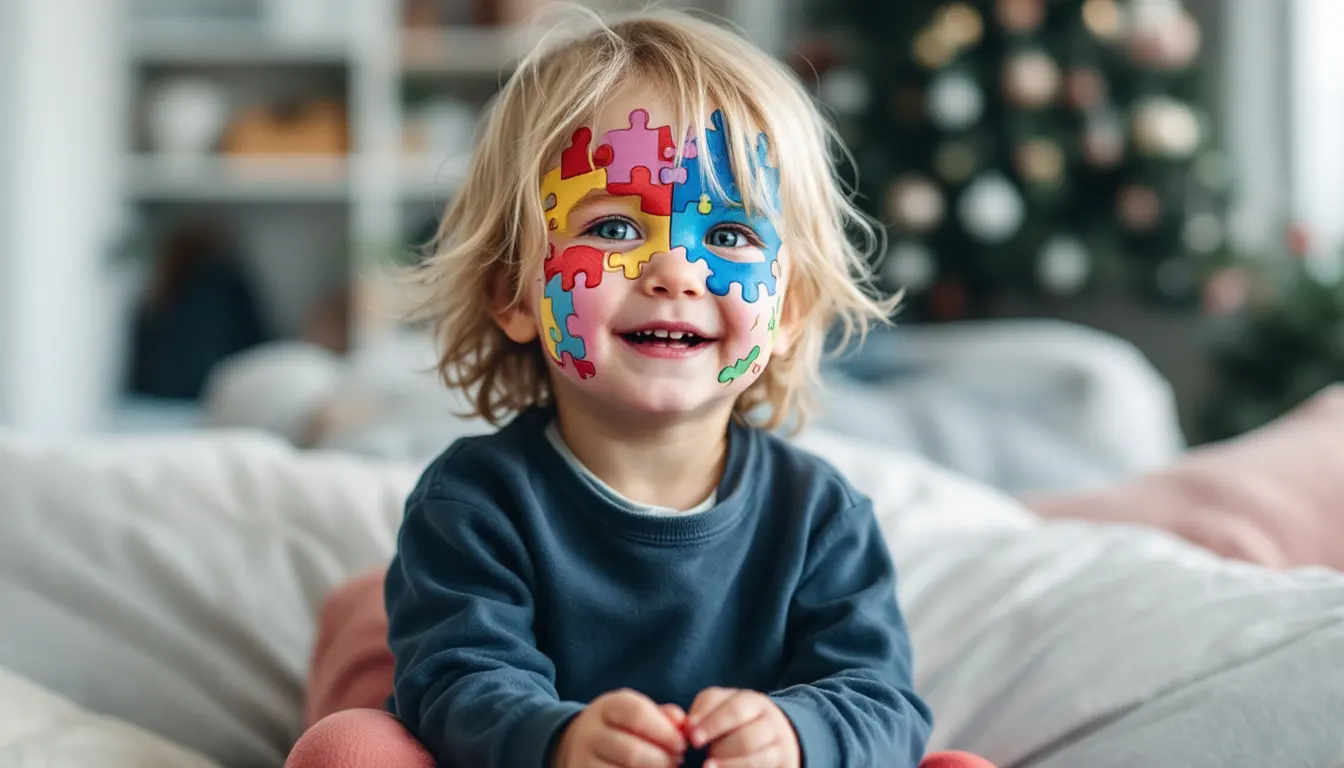Unlocking the Power of Language in Special Needs

Language. It’s more than just words; it’s the very fabric of our reality, and nowhere is its transformative power more evident than in the lives of individuals with special needs. From the earliest forms of communication to the nuanced expression of complex thoughts, language possesses an unseen, yet undeniably potent, force that shapes development, fosters inclusion, and empowers individuals to navigate their world.
At its core, language is the ultimate tool for connection, especially vital within the special needs community. For a child with autism, a PECS (Picture Exchange Communication System) board allows them to express a want, bridging a communication gap and forging a bond with a caregiver. For a non-verbal individual, assistive technology that speaks their typed words opens up a world of social interaction, reducing isolation and building relationships. Therapists use specific language to explain concepts, parents use patient language to reassure, and peers use inclusive language to build friendships. This profound ability to connect transcends spoken words, encompassing sign language, augmentative and alternative communication (AAC) devices, and even non-verbal cues, all facilitating shared understanding and belonging.
Language is also a profound tool for creation. For a student with dyslexia, assistive reading technology that breaks down words or reads aloud unlocks the ability to access literature and knowledge, allowing their imaginations to soar. For a child learning to process instructions, clear and concise language from an educator builds the foundation for understanding and executing tasks. Language allows us to conceptualize, plan, and build. It’s the medium through which educational goals are set, therapeutic strategies are implemented, and personal achievements are celebrated. It empowers individuals with special needs to build their skills, pursue their interests, and ultimately, create their own futures.
Conversely, the power of language can also be destructive, particularly in the context of special needs. Misinformed or stigmatizing language, like outdated terms or dismissive remarks, can wound deeply, foster discrimination, and create barriers to acceptance. Stereotypes perpetuated through careless words can limit opportunities and diminish self-worth. The lack of accessible language, such as complex instructions or uncaptioned videos, can exclude individuals from vital information and participation. Recognizing this destructive potential compels us to use language responsibly, choosing words that are respectful, accurate, and inclusive.
Most profoundly, language holds the power of transformation. For a child who gains the ability to communicate their needs, frustration can transform into self-advocacy. For a family learning about a diagnosis, the language of support groups and expert advice can transform fear into empowered action. Special educators use carefully chosen language to explain complex concepts in accessible ways, transforming learning challenges into achievable goals. Therapeutic language can help individuals process emotions, develop social skills, and build self-confidence, leading to profound personal growth and improved quality of life. Language can shift perceptions, challenge biases, and open doors to greater understanding and acceptance.
In the sphere of special needs, the power of language is not just an academic concept; it’s a living, breathing force that shapes lives every single day. It demands respect, mindfulness, and a deep understanding of its profound capabilities. By harnessing its constructive forces, using inclusive terminology, and tirelessly working to make communication accessible for all, we can unlock its true capacity to connect, create, and transform the world for individuals with special needs, building a more empathetic and inclusive society for everyone.
